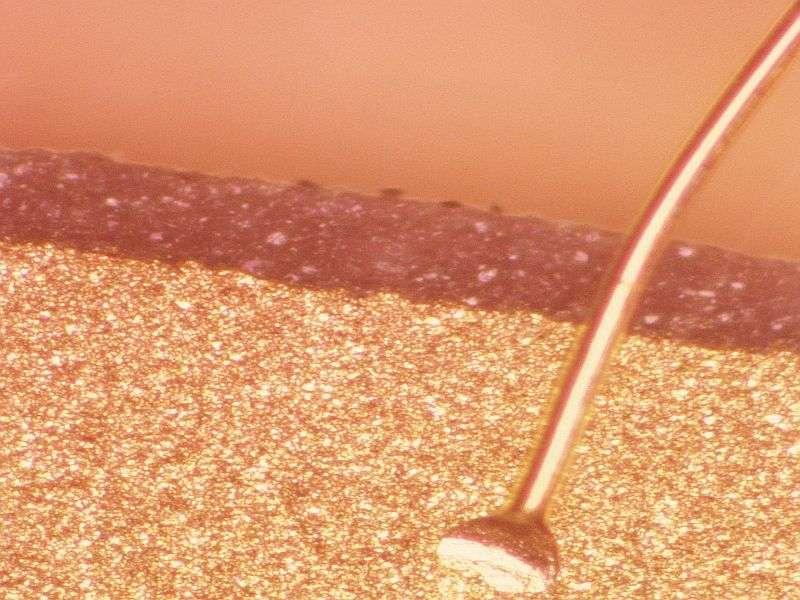Myricetin potentially protective against photodamage of skin

(HealthDay)—Myricetin protects cells from photodamage via the IκB/NFκB signaling pathway, according to a study published online Aug. 17 in the Journal of Cosmetic Dermatology.
Jing Xie, M.D., from Shangdong University in Jinan, and Yanyan Zheng, M.D., from the Wenzhou People's Hospital—both in China, examined the effect of myricetin on human keratinocyte cell line (HaCaT) cells. The authors performed a cell viability assay and measured reactive oxygen species (ROS).
The researchers found that, as determined by the cell viability assay, ultraviolet (UV)-induced keratinocyte death was attenuated by myricetin in a dose-dependent manner. Myricetin pretreatment also reduced the UV-induced ROS levels. Real-time polymerase chain reaction and Western blot showed that myricetin suppressed the upregulation of COX2 induced by UV in keratinocyte. In signal transduction studies, myricetin was confirmed to attenuate COX2 upregulation induced by UV via suppression of IκB/NFκB pathways.
"These results showed that antioxidant property of myricetin can effectively attenuate UV-caused cell damage and suppress the expression of COX2 through the IκB/NFκB signaling pathways," the authors write.
More information:
Abstract
Full Text (subscription or payment may be required)
Copyright © 2017 HealthDay. All rights reserved.















